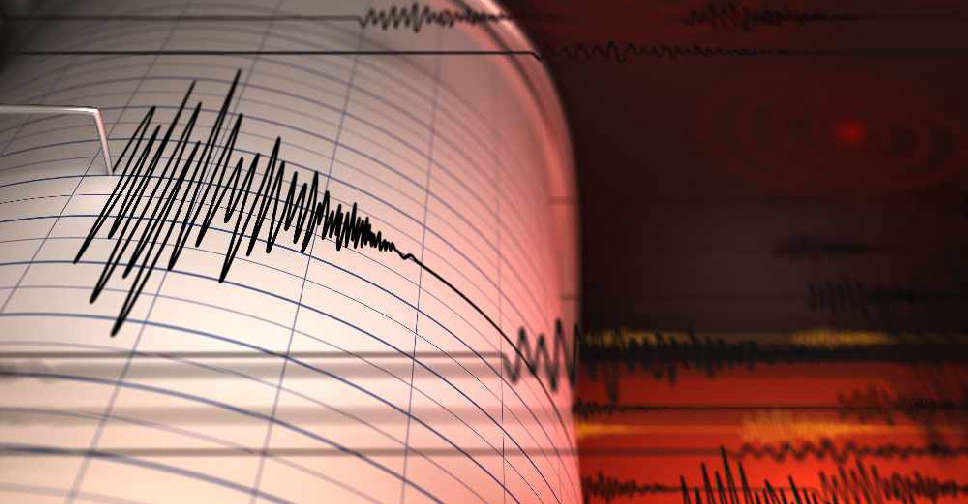
Philippine President Ferdinand Marcos Jr signed two laws on Friday aimed at strengthening the country's maritime claims and bolstering its territorial integrity, as tensions with China over disputed areas in the South China Sea persist.
The Maritime Zones Act and the Archipelagic Sea Lanes Act would define the Philippines' maritime entitlements and set designated sea lanes and air routes to reinforce sovereignty and maritime rights under international law.
Marcos hailed the laws as a demonstration of the Philippines' commitment to uphold an international rules-based order, and protect its rights to exploit resources peacefully in its exclusive economic zone (EEZ).
"Our people, especially our fisher folk, should be able to pursue their livelihood free from uncertainty and harassment," Marcos said. "We must be able to harness mineral and energy resources in our sea bed."
While the two laws were envisioned to help US ally the Philippines to monitor and defend against potential encroachment, questions remain about how they will be enforced and if they will impact Chinese activity in the Philippine EEZ.
China asserts its claim of sovereignty over almost the entire South China Sea through an armada of coast guard ships, some of which are accused by its neighbours of aggressive conduct and of trying to disrupt energy and fisheries activity in their EEZs.
Senator Francis Tolentino, one of the authors of the maritime zones measure, said he does not expect tensions in Philippine EEZ will be instantly reduced with the implementation of the new laws.
"China will not recognise these, but the imprimatur that we'll be getting from the international community would strengthen our position," Tolentino told a press conference.
Tolentino also said the laws would reinforce a 2016 arbitration ruling on the South China Sea, which declared China's expansive claims had no basis under international law. China has rejected the 2016 decision.
In response, China summoned the Philippines' ambassador on Friday to express its objection to two new laws in the Southeast Asian nation asserting maritime rights and sovereignty over disputed areas of the South China Sea, its foreign ministry said.
China made "solemn representations" to the ambassador shortly after Philippine President Ferdinand Marcos Jr signed the Maritime Zones Act and the Archipelagic Sea Lanes Act into law to strengthen his country's maritime claims and bolster its territorial integrity.
The Maritime Zones law "illegally includes most of China's Huangyan Island and Nansha Islands and related maritime areas in the Philippines' maritime zones," Beijing's foreign ministry spokesperson Mao Ning said, using the Chinese names for Scarborough Shoal and the Spratly Islands respectively.Beijing has rejected a 2016 ruling by The Hague-based Permanent Court of Arbitration which said its expansive maritime claims over the South China Sea had no legal basis, in a case that was brought by Manila.



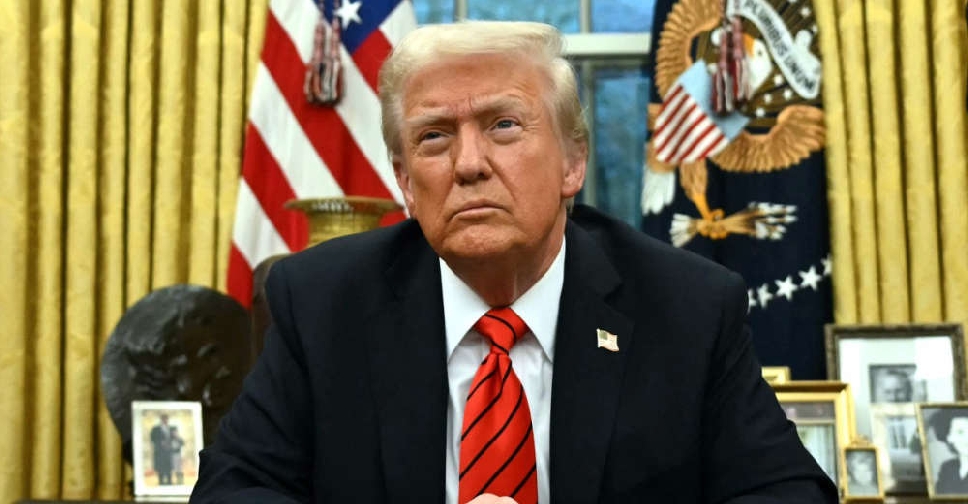 Trump adds 7 countries to full travel ban list
Trump adds 7 countries to full travel ban list
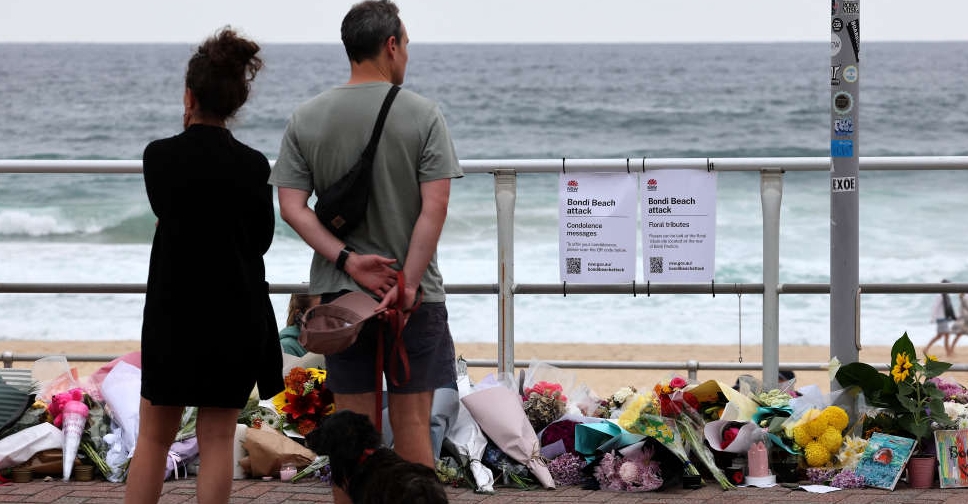 Family of alleged Bondi gunman unaware of 'radical mindset', say Indian police
Family of alleged Bondi gunman unaware of 'radical mindset', say Indian police
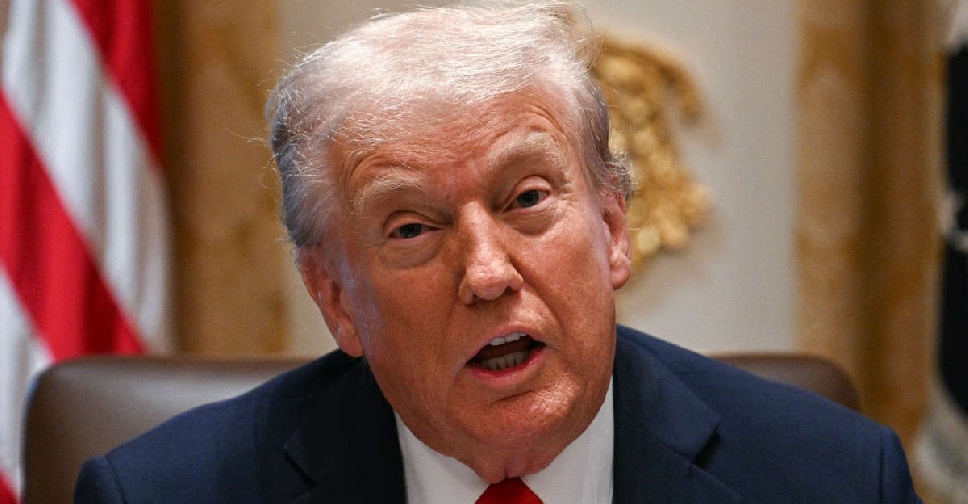 Trump orders 'blockade' of sanctioned oil tankers leaving, entering Venezuela
Trump orders 'blockade' of sanctioned oil tankers leaving, entering Venezuela
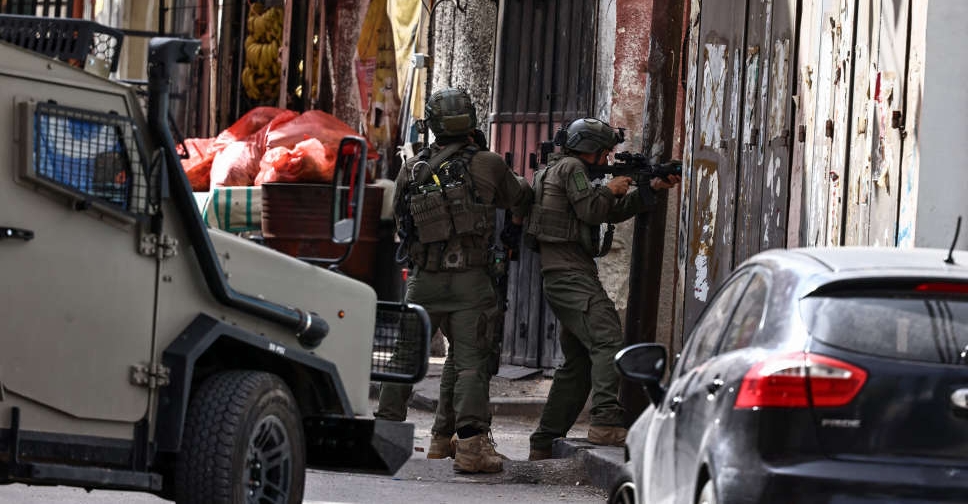 Israeli forces kill Palestinian teen in West Bank, health ministry says
Israeli forces kill Palestinian teen in West Bank, health ministry says


